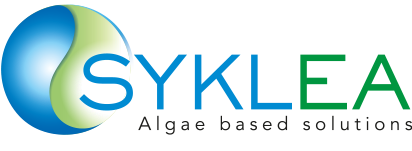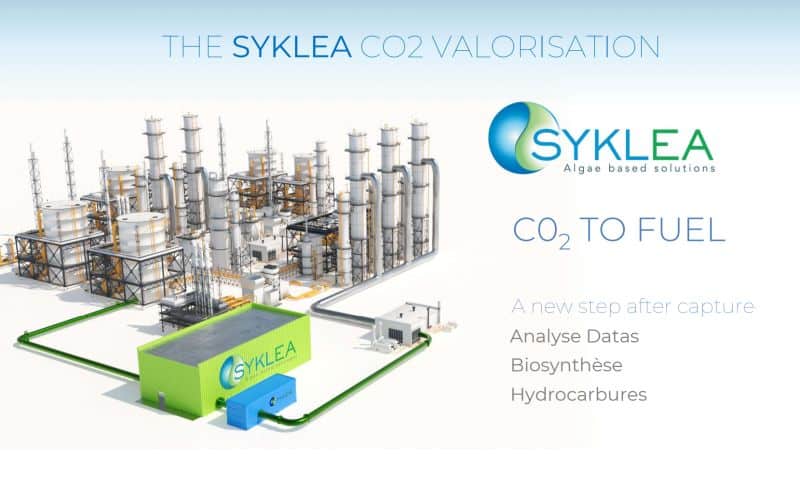Why the convergence of artificial intelligence and living systems pushes us to rethink carbon, energy, and the role of microalgae in the next industrial era
Humanity is entering the greatest transformation it has known since the invention of writing, more than 5,000 years ago. Artificial intelligence does not represent a new technological layer — it marks a civilizational rupture.
AI is now embedded in every dimension of our relationship with matter, information, and thought. It is no longer just a tool: it is becoming a non-biological cognitive entity capable of learning, interacting, and soon self-organizing.
The future we imagined for 2040 is already unfolding. And most decision-makers are still not prepared for this acceleration.
AI changes everything — including our relationship with carbon
While artificial intelligence reshapes entire industries at unprecedented speed, it also exposes a fundamental truth:
the AI revolution cannot scale without a profound transformation of our energy and resource systems.
Large-scale AI requires vast amounts of energy and stable, sustainable infrastructures. Without a new way of producing fuels, materials, and molecules, the planet simply cannot sustain the pace of technological expansion.
Nature holds the key — and microalgae are the cornerstone
For more than twenty years, SYKLEA has explored this path through microalgae biotechnology. Long before the current momentum, we believed that the living world — and microbial organisms in particular — would provide the foundation of the next industrial revolution.
Microalgae can:
• capture CO₂
• produce oxygen
• synthesize hydrocarbons and high-value molecules
• operate at scales compatible with global industrial needs
They once transformed Earth’s atmosphere from 10,000 ppm of CO₂ to about 350 ppm, while producing the oxygen and organic matter that made life possible.
Asking them today to help regulate CO₂ from 450 ppm back toward stability, while producing sustainable hydrocarbons, is not only reasonable — it is necessary.
The breakthrough: removing water from the system
When we launched Planet Forever in 2000, our early photobioreactor prototypes worked — but yields were low, and systems lasted only a few months. The technical and economic challenges were immense.
After 25 years of research, everything changed in 2021 with a simple, radical discovery:
water was the problem.
By removing water from the system, we unlocked the performance, durability, and economic viability required for industrial deployment. This breakthrough became No Water Technology™, and marked the transition from Planet Forever to SYKLEA SA.
AI + biotechnology: a convergence with massive consequences
Artificial intelligence accelerates every step of biotechnology: strain selection, metabolic engineering, photobioreactor optimization, real-time environmental monitoring.
But AI itself cannot scale without sustainable biological systems capable of:
- capturing carbon
- producing renewable molecules
- supporting future energy and materials demand
The convergence between AI and living organisms is not optional — it is structural.
The future of our species depends on embracing it, and doing so quickly.
France must act — or risk watching its own innovations take root elsewhere
France has the scientific expertise, the engineering talent, and the industrial capacity required to lead this transformation.
What is missing is a clear national strategy supporting breakthrough technologies that can reshape entire sectors.
Today, much of French know-how migrates abroad — especially to the United States — not for lack of talent, but for lack of long-term vision and determined support.
We are building the foundations of a new industrial civilization
A civilization where CO₂ is not waste but resource, where microalgae enable a circular carbon economy, and where biotechnology and AI evolve together to sustain human progress.
The danger is not that the future will be written without us.
The danger is that this future — already shaped by our ideas and technologies — will unfold under other flags.
The time to act is now.

